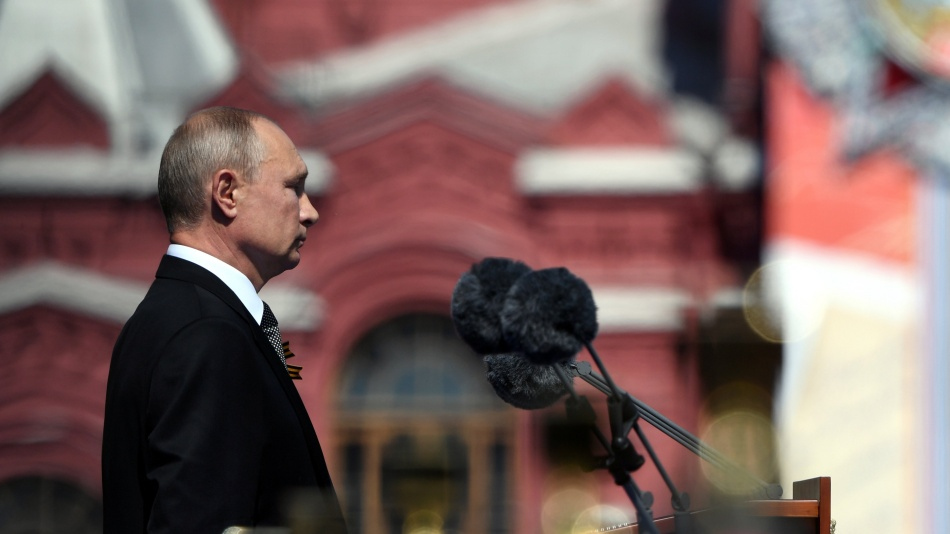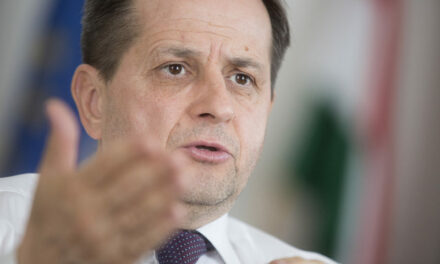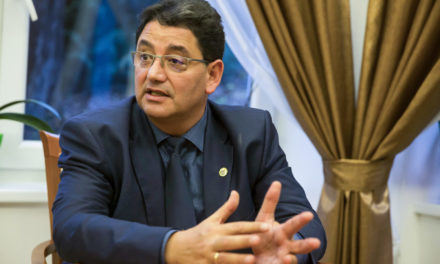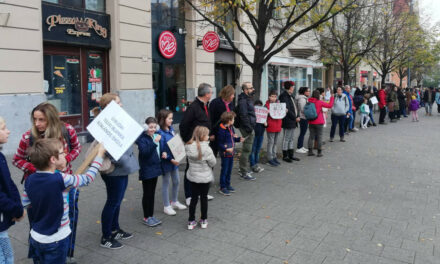What did we expect from this speech?
There were those who were still hoping that Mr. Putin would smile benignly, end the war with a wave of his hand, and humanity could breathe a sigh of relief and return to the comforting nightmare of climate-related ersatz apocalypse.
There were those who hoped that the veil would be lifted from the country-conquering war plans, that the targets of upcoming nuclear strikes would be designated. And there were those who hoped that someone would finally explain to them what had happened to their suddenly ominously alien little world.
When expectations are so high and so diverse, disappointment is bound to happen. And what's worse, many people, including serious analysts, have gone over to the other side of the horse.
If the President didn't say what we expected, he didn't really say anything. This is of course a strong exaggeration.
It is possible that Putin's rather laconic speech on Monday will be counted among the most important political milestones of the 21st century.
Historians of the future, relying only on the interpretation of the text, will find it difficult to understand why this particular rhetorical haiku became the dividing line between the unipolar past and the multipolar future.
Of course, a speech is much more than a text that someone reads from a podium. The significance of a speech is primarily determined by the historical context in which it was delivered. Secondly, its symbolic significance, which goes far beyond the written text. The context is a new continental war in Europe, spiced with some nuclear threats.
And the symbolic significance of the speech is the civilizational declaration of war hidden in it.
Mr. Fukuyama tried in vain to claw his way back into the limelight of long-lost relevance. The world beyond the President's speech is already Huntington's world.
Those who, driven by the passion of the moment, were busy explaining to everyone how wrong Putin is or how right he is, did not hear the point because of the noise they themselves had created. The closing line at the end of the unipolar world, the formal creed of a new ideology, and a war message wrapped in World War II nostalgia.
The content of the speech could be summarized in five points:
1. Within the unipolar world order, Russia's needs have not received the attention they deserve. The international system based on so-called laws and rules is a steep slope, and the existing world order's promise to settle disputes peacefully is a pile of fake money.
2. The most harmful influence in the world, both friend and foe, is American exceptionalism.
3. The true custodian of the values of Western civilization is Russia, since the West has turned its back on these many-thousand-year-old values.
4. Russia is the homeland of a nation made up of many ethnic groups, whose strength lies in its unity. The mine work of the West is trying to break this unity.
5. As so many times throughout history, Russia today is once again fighting to defend its values and unity.
Actually, there was not much new in the President's speech.
At the same time, there was something in it that markedly distinguishes it from the much talked about "Valdai speech" on October 21, 2021.
The cultural war was replaced by the continental war.
Clausewitz's theory of war takes the place of state theory explanations. Criticism of the Soviet system is replaced by nostalgia for Russia's imperial past. The Russian national "melting pot" was replaced by the multi-cult Eurasianism of master Dugin.
The President's speech, in which some say he didn't say anything, is a multiple historical dividing line.
A dividing line between the unipolar world of the past and the multipolar world of the future. A dividing line between Fukyama's burial of history and Huntington's civilizational warfare. Last but not least, it is a dividing line between the unhappy times of peace and the world of endless wars, which promise to be even more unhappy.
Featured image: EPA












